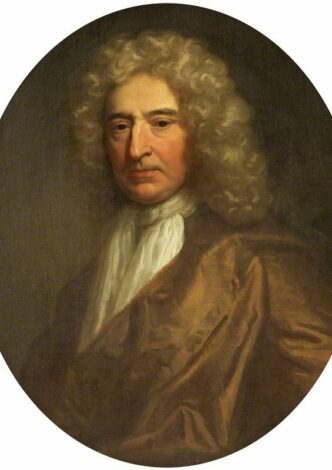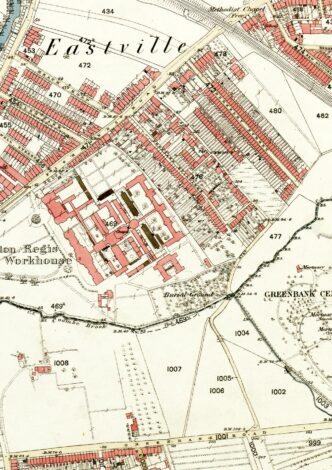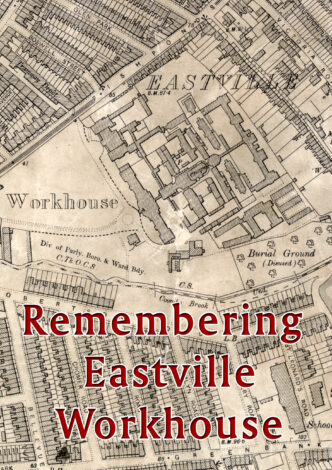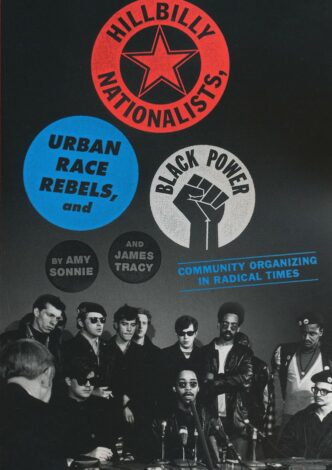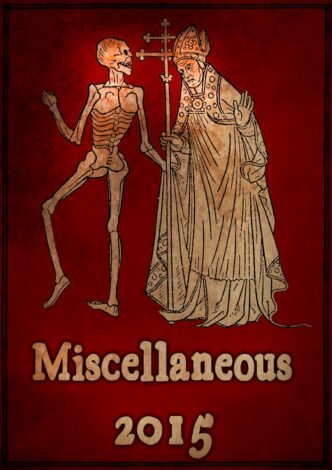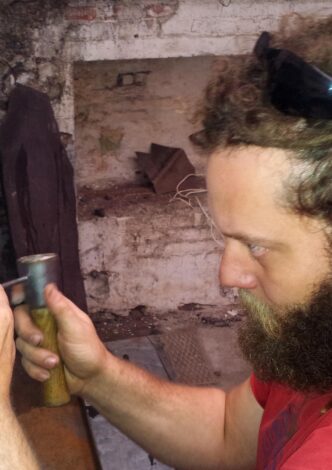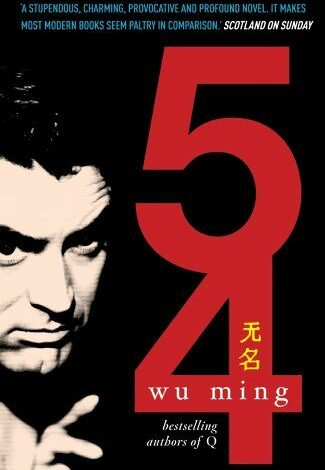Colston and slavery still obscured?
At last year’s Merchant Venturers Charter Day service at the cathedral the Bishop of Bristol, stated that Edward Colston had: lived a life of significance... [and there]... may be still some speculation on some of the circumstances around his business roots right here The Bishop of Bristol’s clumsy attempt to rewrite history, effectively claiming that Colston’s involvement in the business of the slave trade was ‘speculation’ is unsurprising. A similar kind of air brushing occurred during a BBC […]


